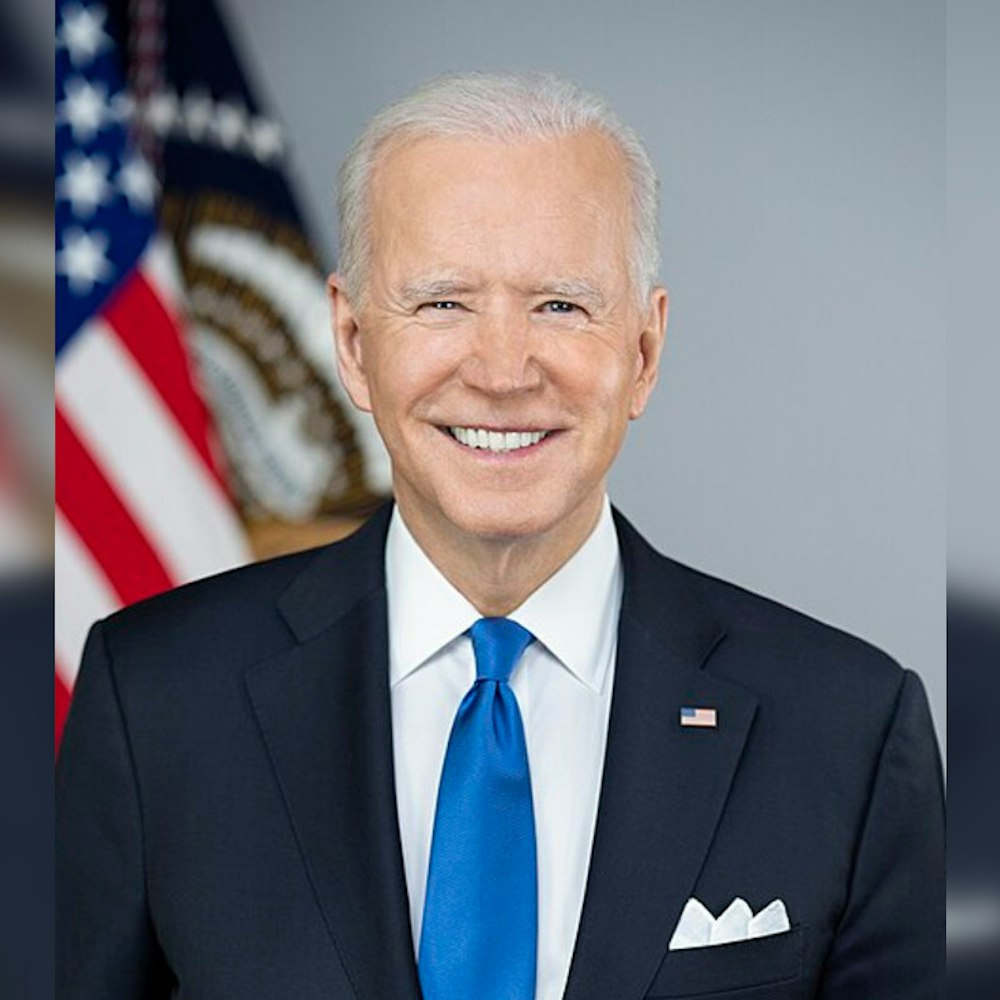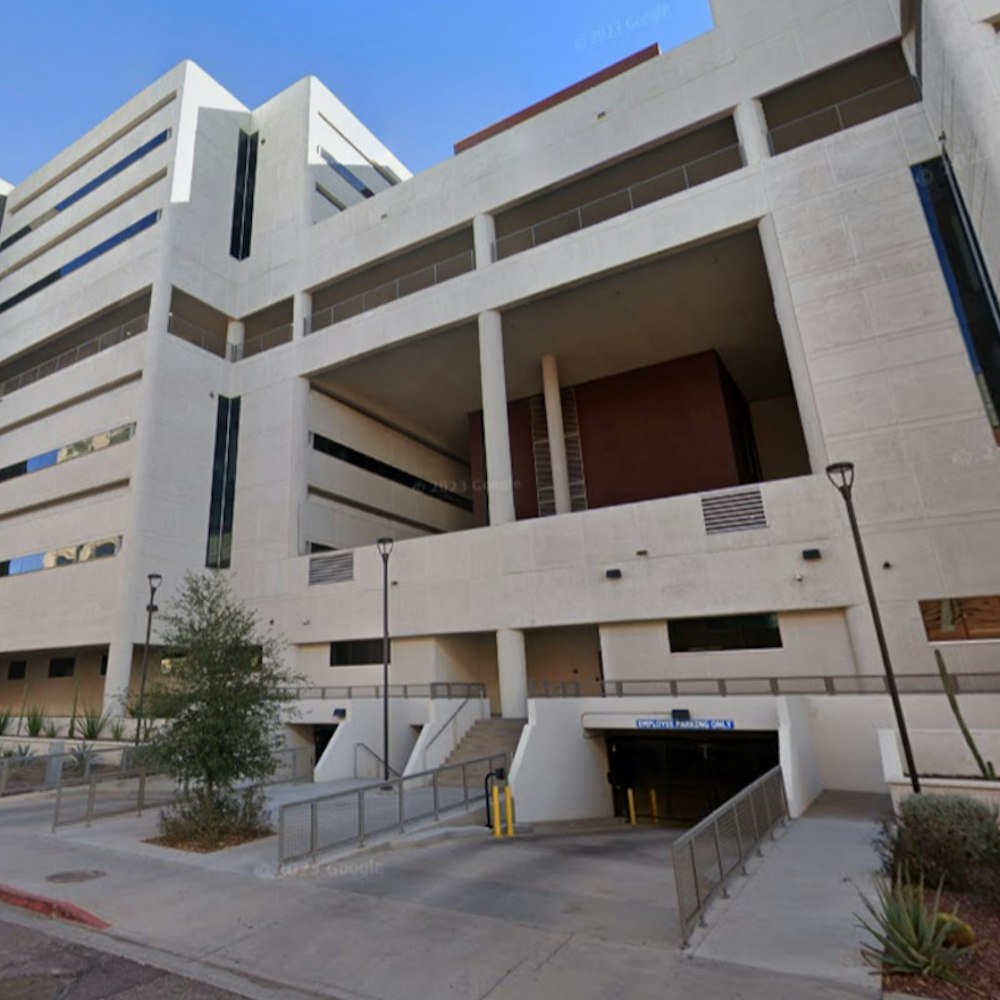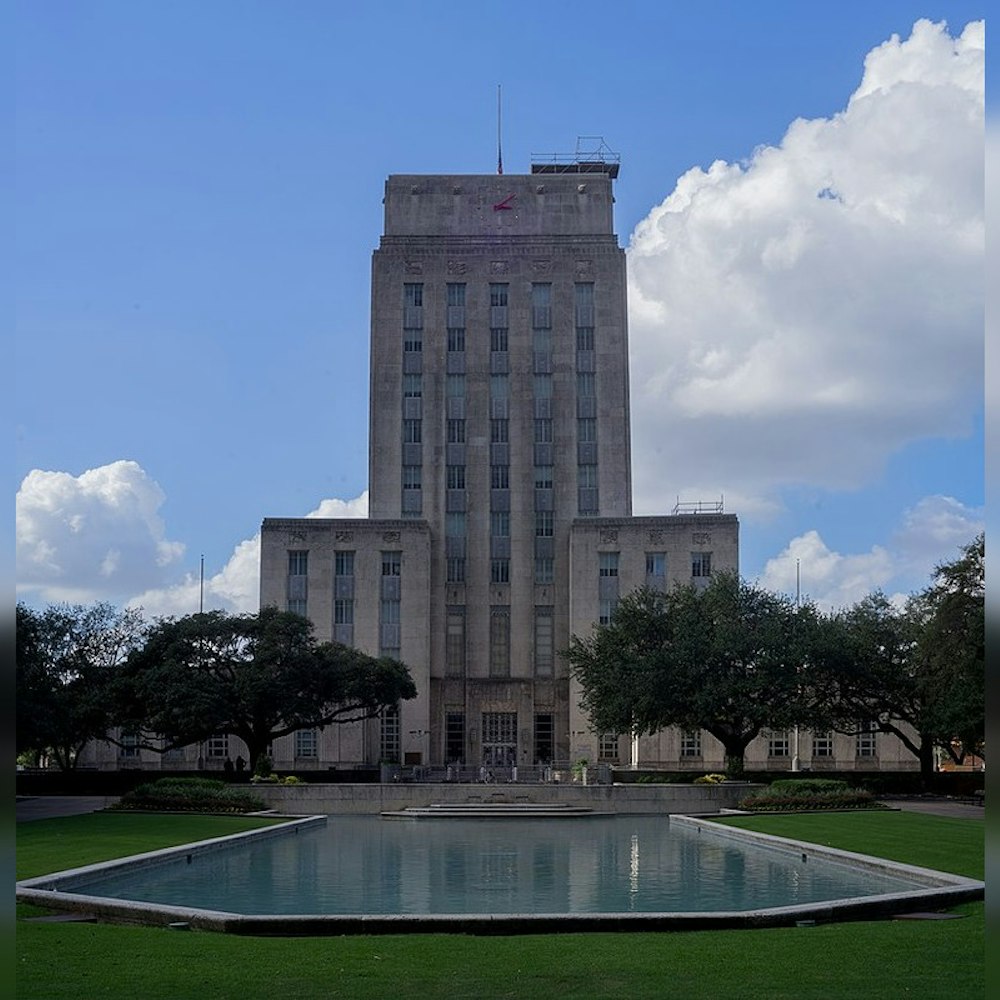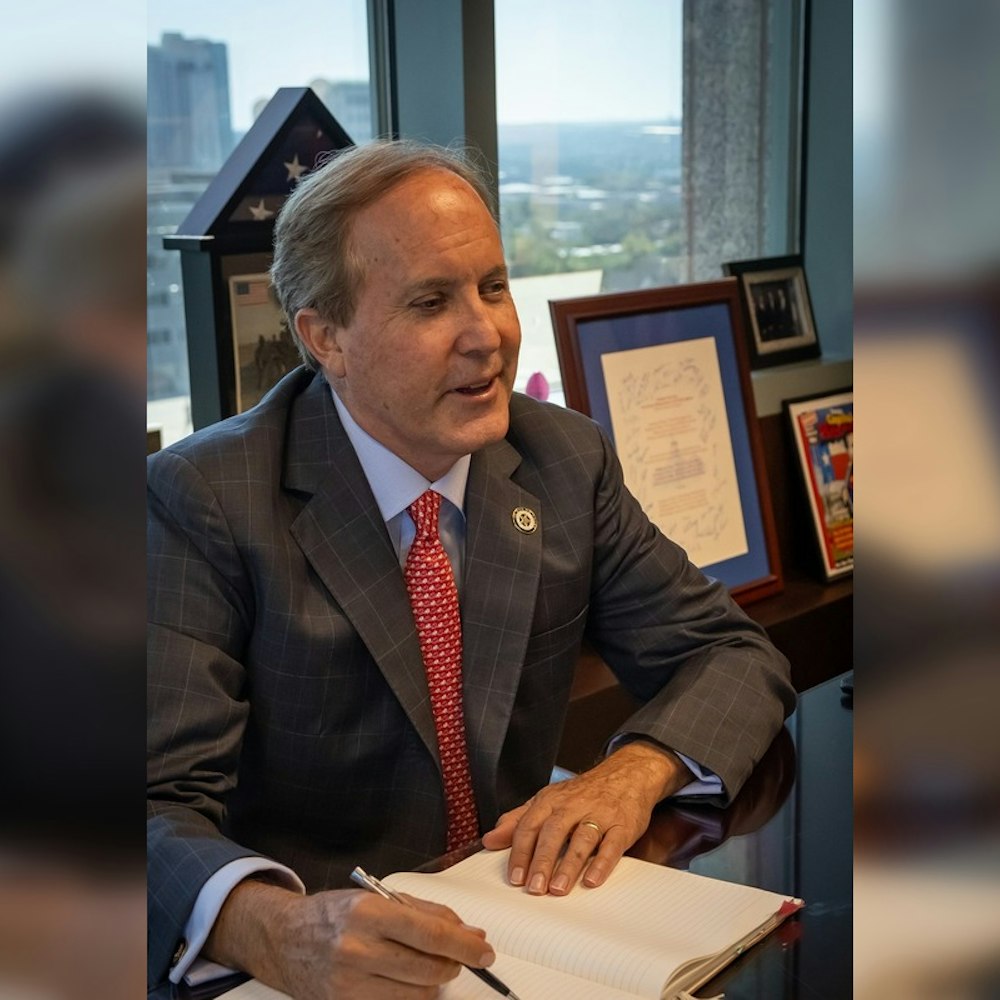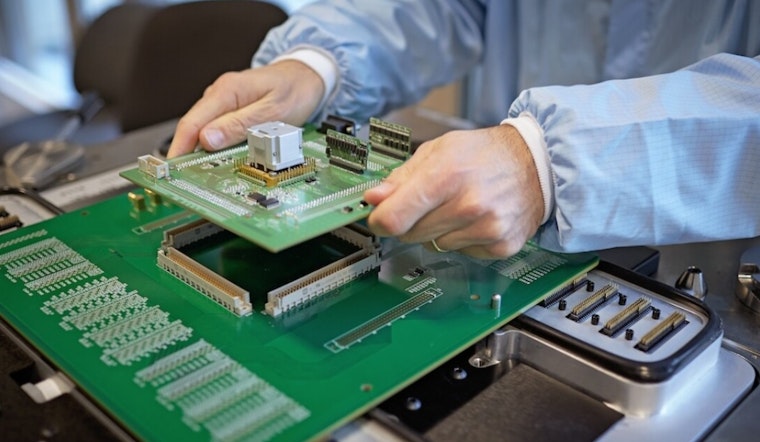
In a strategic move to bolster the U.S. semiconductor industry, Arizona State University (ASU) teams up with the federal government on a $13.8 million initiative aimed at strengthening supply chains and workforce development. Announced by the U.S. Department of State's Bureau of Economic and Business Affairs, the grant provided through the International Technology Security and Innovation (ITSI) Fund – a product of the CHIPS Act – sets ASU in the driver's seat of this critical industry push, ABC15 reports.
The initiative focuses on ramping up microelectronics assembly, testing, and packaging in strategic "partner cities," harnessing opportunities not just in the Indo-Pacific but also in South America. This global play is expected to help U.S.-based chipmakers tap into an international labor pool and more resilient supply chains, a needed upgrade as the industry faces mounting pressure to diversify amid geopolitical tensions and trade disruptions.
ASU President Michael Crow expressed the institution's commitment to the project. "We are honored to be selected by the U.S. Department of State to be its partner in this new initiative, and Arizona State University will put every ounce of its creativity and dedication to work to be of service in this role," the Business Journal cites. Crow further emphasized the importance of international partnerships in building a workforce that's tuned to the current and future economic landscape.
The Department of State, together with ASU's Ira A. Fulton Schools of Engineering, marks a strategic commencement of federal plans to diversify the global semiconductor ecosystem. Assistant Secretary Ramin Toloui from the Bureau of Economic and Business Affairs underscored the collaboration's significance. "...This collaboration with ASU is a huge step for ITSI and our work to facilitate new investments that will complement U.S. chip production," he affirmed in statements that highlight the broader goals of the $500 million ITSI fund mandate.
In parallel efforts, ASU recently signed an agreement with Costa Rican governmental bodies to guide the Central American nation in fostering technical and professional educational programs keyed to microelectronics and semiconductors. Costa Rica's Science, Innovation, Technology, and Telecommunications Minister, Paula Bogantes said, "Exploring opportunities with ASU will enhance our capabilities, drive research, and accelerate the development of solutions for this sector." Such steps are clear indicators of ASU's growing influence as a hub for technological advancement and cooperation, positioning the university—and by extension, the United States—at the forefront of an industry deemed vital for economic and national security.
